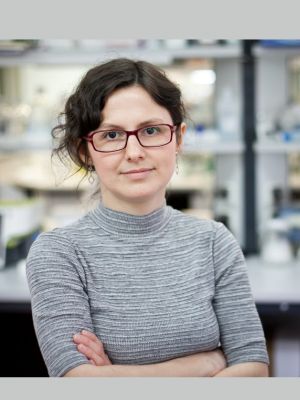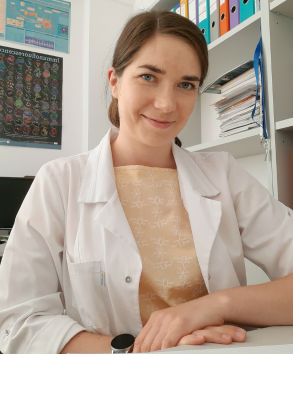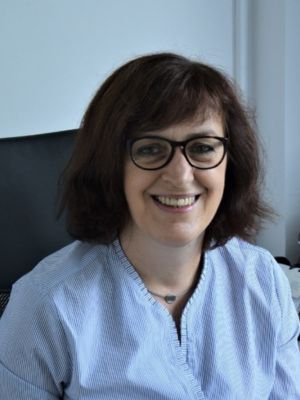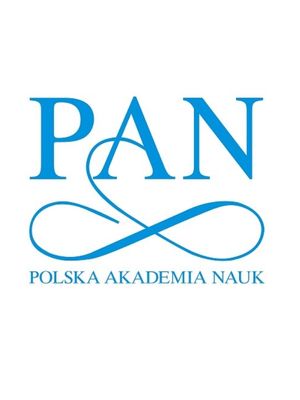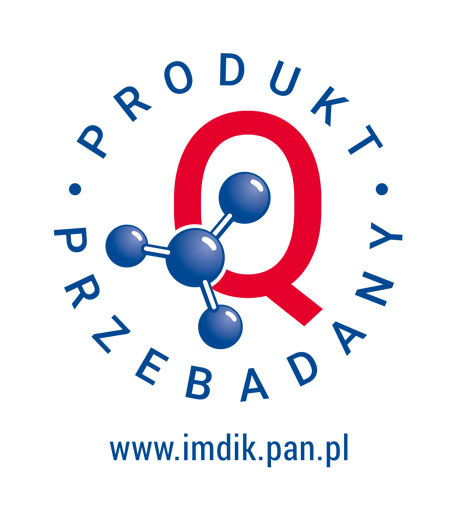Preludium Bis for M. Firczuk
Congratulations to Małgorzata Firczuk, PhD DSc who was granted funding from the National Science Center in PRELUDIUM BIS 5 competition for the project entitled:
"Exploring kinase hyperactivation as an innovative approach for chemo-immunotherapy for B cell acute lymphoblastic leukemia”
The project will be conducted in the Laboratory of Immunology. It aims to develop new, targeted therapeutic strategies for the treatment of B-cell acute lymphoblastic leukemia based on chemo-immunotherapy. In the project, we are exploring a unique approach focused on enhancing the activity of kinase pathways in leukemia cells to induce their death and increase the expression of antigens vital for immunotherapy.

Prime Minister's Prize for Justyna Janowska,PhD
Justyna Janowska, PhD
from NeuroRepair Department
has been awarded The Prime Minister’s Prize in recognition of outstanding achievements in the field of neurobiology for her distinguished doctoral dissertation entitled
“The Role of Oligodendrocyte Malfunctioning in the Pathogenesis of the White Matter Disorders resulting from perinatal asphyxia”
The Prize was awarded for the research allowing to understand the course of processes resulting from perinatal asphyxia and the search for an effective therapy to restore proper brain development of newborns. The high application potential of the conducted research and the cooperation undertaken with clinical units significantly increased the chances of translating the obtained results into the clinic, as a potential therapeutic strategy to prevent white matter damage.
The study was supervised by Profs Joanna Sypecka and Małgorzata Nałęcz and supported by NCN grant OPUS 2014/15/B/NZ4/01875.
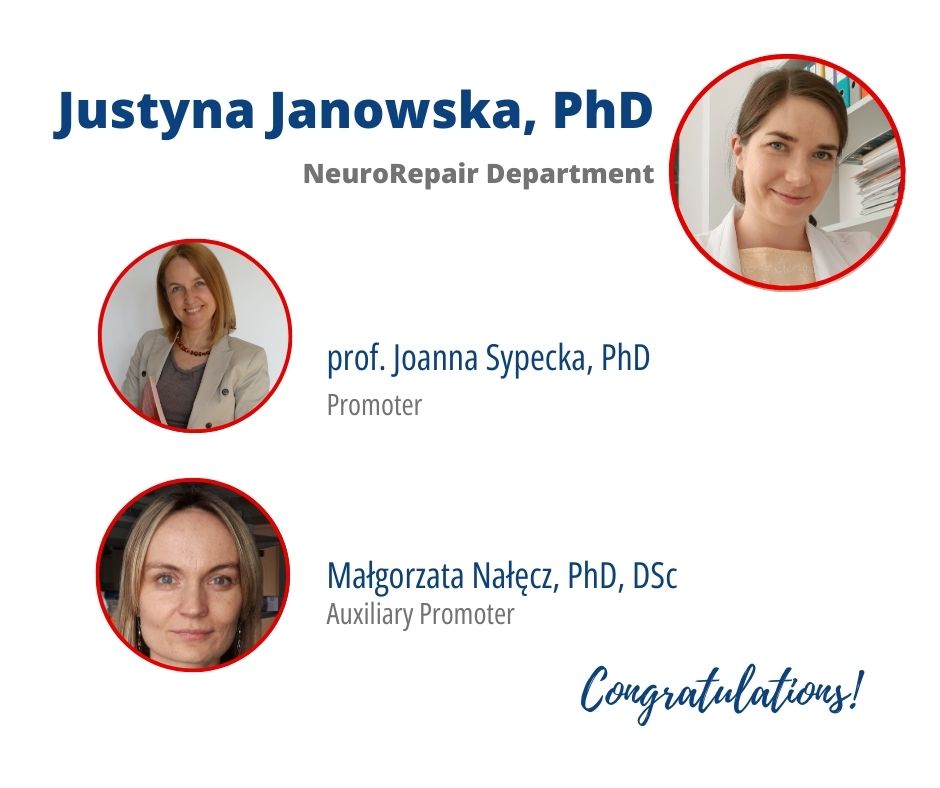
Publication in Nature Communications
The article presenting results of cooperation between the team of Dr. Hab. Izabela Sabała from the Protein Engineering Laboratory of Mossakowski Medical Research Institute, PAS and the group of Prof. Jean-Pierre Simorre from the Institute de Biologie Structurale (IBS) in Grenoble was published in Nature Communications. The published research was conducted at the International Institute of Molecular and Cell Biology in Warsaw, the MMRI PAS and Universite Grenoble Alpes.
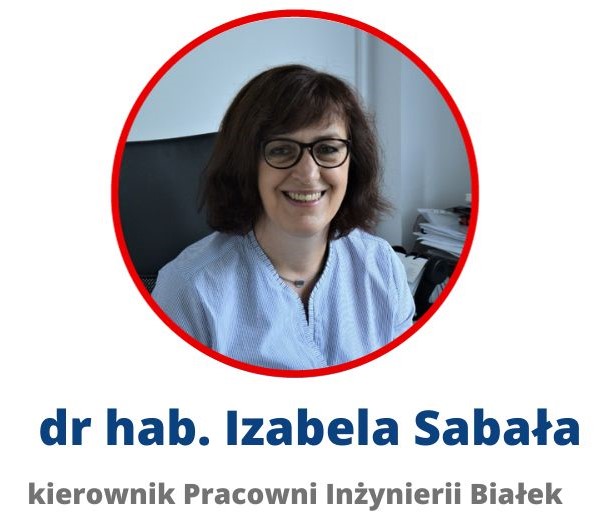
The article presents the results of research on the interactions between peptidoglycan hydrolases and bacterial cell walls, which play crucial role in the life and virulence of bacteria. Bacterial cell walls are very stable, thus protecting the cell interior against external factors, but at the same time they must be very plastic to allow cell growth and division. Reconciling these two opposing features is possible thanks to the very close coordination and regulation of wall metabolism. It has been observed that peptidoglycan, a key component of bacterial cell walls, has a significant impact on the regulation of two enzymes, lysostaphin and LytM. Using nuclear magnetic resonance and mass spectrometry, the authors showed that the structure of Staphylococcus aureus peptidoglycan influences the specificity of hydrolysis carried out by these two enzymes. The obtained results allowed to propose a model in which peptidoglycan cross-linking affects the activity, selectivity and specificity of these two structurally related enzymes in different ways. These results can be very helpful in developing new strategies to combat bacterial infections, which is especially important in the era of spreading antibiotic resistance.
.
https://doi.org/10.1038/s41467-023-42506-w
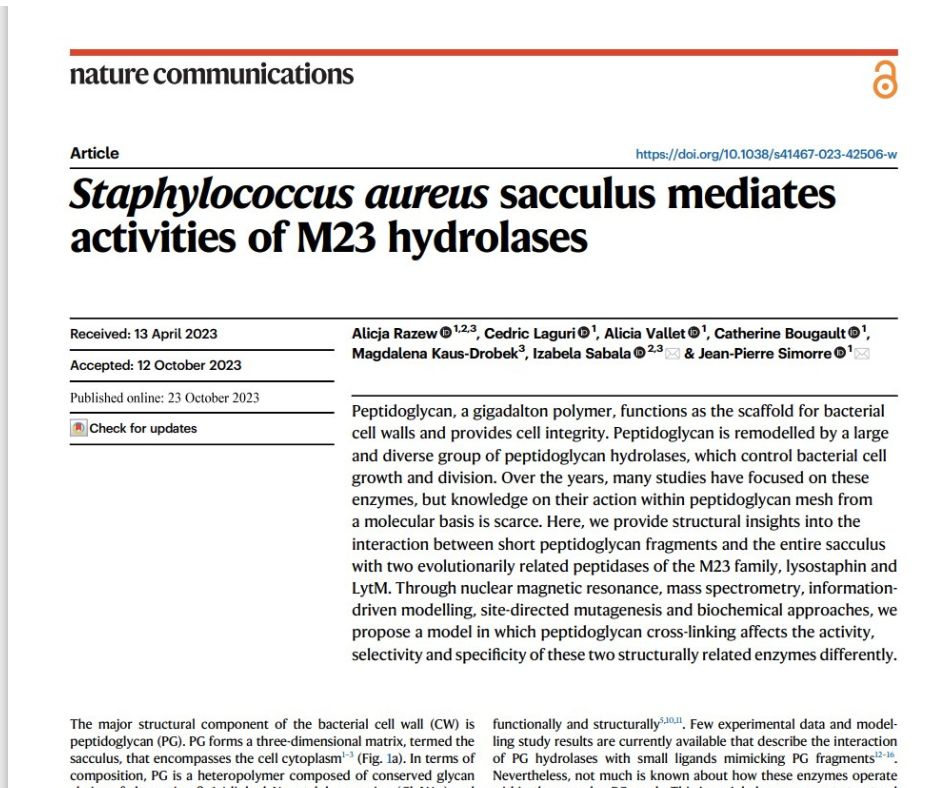
Polish Academy of Sciences-Medical Sciences Division Awards
On November 30, 2023, during the Plenary Meeting of the Division V - Medical Sciences of the Polish Academy of Sciences, scientific awards and distinctions were awarded.
Head of the Molecular Biology Unit MMRi PAS, Professor Barbara Zabłocka PhD and team members: Maria Kawalec PhD, Anna Boratyńska-Jasińska PhD and Piotr Wojtyniak MSc Eng
received the Division Award for a series of 2 publications entitled "Participation of mitochondria in neuronal damage and regeneration in brain ischemia and reperfusion models. The role of mitofusin 2”.
Congratulations to all the winners!
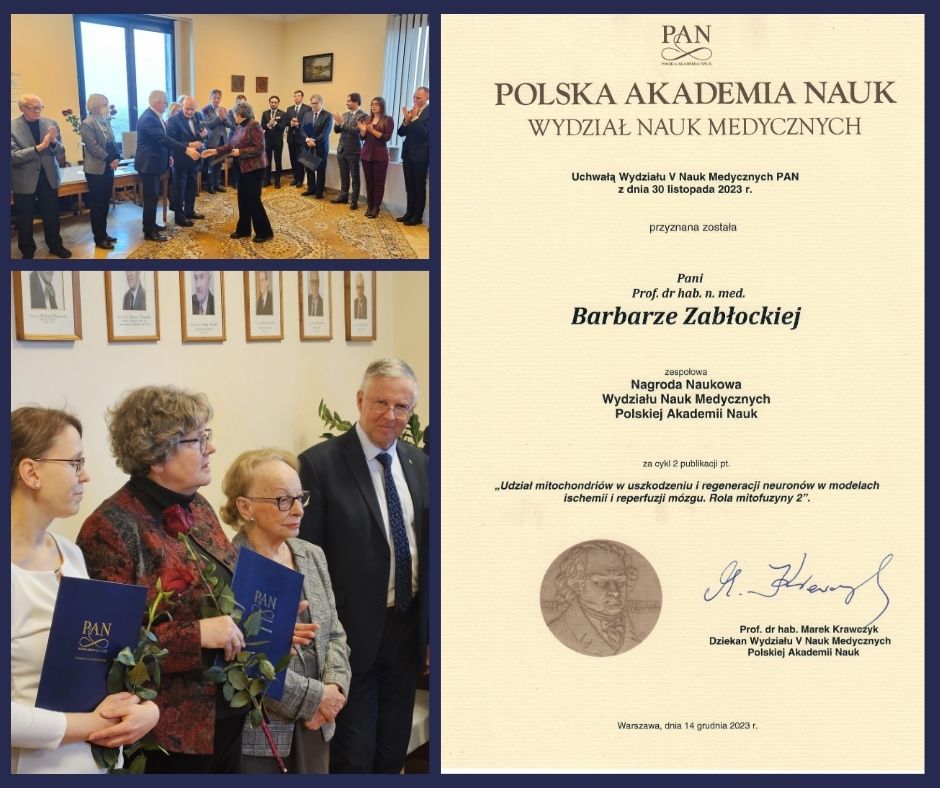
A number of phenomena affecting the quality and quantity of mitochondria were analyzed, such as mitochondrial fusion and fission, removal of damaged mitochondria in the process of selective autophagy, and the restoration of mitochondria content by their biogenesis.
The novelty of the research results from analyzing all these phenomena together and presenting experimental data to support the concept of close relationships between these processes. Moreover, the work positively verifies the hypothesis presenting the mitochondrial protein - mitofusin 2, as one of the key proteins regulating the relationship between the mitochondrial dynamics, elimination and biogenesis in surviving neurons in response to a transient ischemic stimulus.
Mitofusin 2 Integrates Mitochondrial Network Remodelling, Mitophagy and Renewal of Respiratory Chain Proteins in Neurons after Oxygen and Glucose Deprivation.
Piotr Wojtyniak 1, Anna Boratynska-Jasinska 1, Karolina Serwach 1, Joanna Gruszczynska-Biegala 1, Barbara Zablocka 1, Jacek Jaworski 2, Maria Kawalec 3
Affiliations:
1 Mossakowski Medical Research Institute, Polish Academy of Sciences, Warsaw, Poland.
2 International Institute of Molecular and Cell Biology, Warsaw, Poland.
3 Mossakowski Medical Research Institute, Polish Academy of Sciences, Warsaw, Poland. This email address is being protected from spambots. You need JavaScript enabled to view it..
Mol Neurobiol. 2022 Oct;59(10):6502-6518. doi: 10.1007/s12035-022-02981-6. Epub 2022 Aug 13.
https://link.springer.com/article/10.1007/s12035-022-02981-6
Maria Kawalec 1, Piotr Wojtyniak 2, Ewelina Bielska 2, Anita Lewczuk 2, Anna Boratyńska-Jasińska 2, Małgorzata Beręsewicz-Haller 2, Małgorzata Frontczak-Baniewicz 3, Magdalena Gewartowska 3, Barbara Zabłocka 2
Affiliations:
1 Molecular Biology Unit, Mossakowski Medical Research Institute, Polish Academy of Sciences, Warsaw, Poland. This email address is being protected from spambots. You need JavaScript enabled to view it..
2 Molecular Biology Unit, Mossakowski Medical Research Institute, Polish Academy of Sciences, Warsaw, Poland.
3 Electron Microscopy Research Unit, Mossakowski Medical Research Institute, Polish Academy of Sciences, Warsaw, Poland.
Biochim Biophys Acta Mol Basis Dis. 2023 Mar;1869(3):166633. doi: 10.1016/j.bbadis.2022.166633. Epub 2022 Dec 22.
https://www.sciencedirect.com/science/article/pii/S0925443922003040?via%3Dihub
"Neuropathology 2023" Conference

On behalf of the Association of Polish Neuropathologists we would like to invite you to the annual “Neuropathology 2023” Conference which will be held under the patronage of MMRI PAS in the conference room of our Institute on the 17-22th of November 2023.
The meeting will be of an interdisciplinary nature and will present the latest scientific / research / experimental and clinical achievements in the field of interest to a wide range of scientists, practitioners and students.
The presentations will include: ‘Neuropathology of vascular brain diseases, neuroinflammationas and neurodegeneration, Neurooncology, Haematology, ‘New WHO classification of CNS tumors.’, ‘Neuropathological – neuroradiological correlations’, ‘Neurotraumatology’ , Neuroscience, Neurotoxicology, Brain banking, Artifical Intelligence
Short oral and poster presentations are also planned. Presentations in English are possible.
The deadline for submitting abstracts and posters is November 3, 2023 via the form on the conference website: www.neuropath.pl
Regsitration link: HERE
Abstracts of the presented papers will be published in the Folia Neuropathologica journal.



